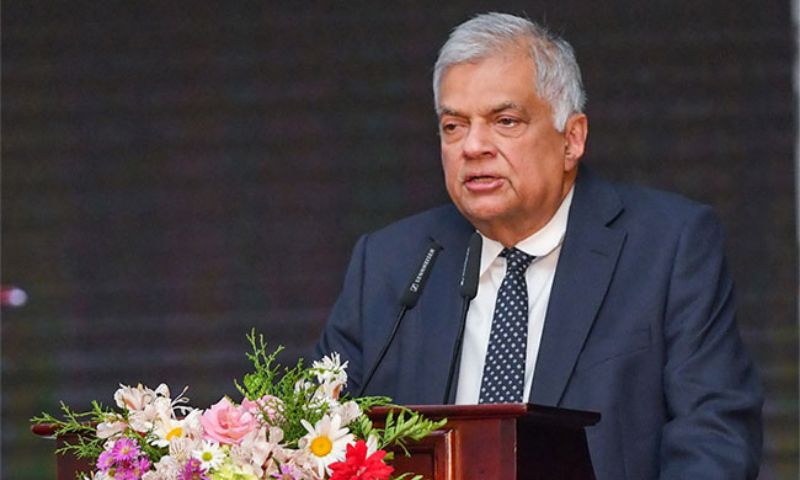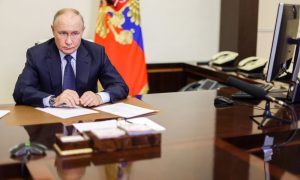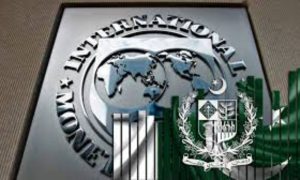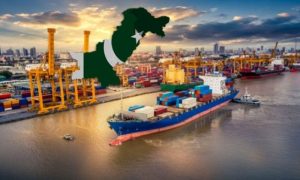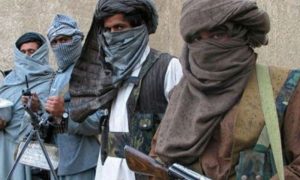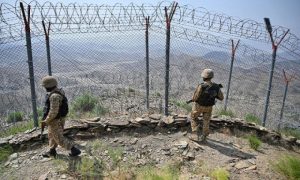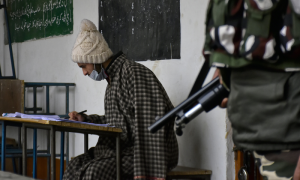COLOMBO: Sri Lanka’s Supreme Court on Thursday convicted President Ranil Wickremesinghe of “unlawful conduct” for indefinitely postponing local elections that were considered a critical referendum on his handling of the country’s economic crisis.
The five-judge bench, led by Chief Justice Jayantha Jayasuriya, unanimously ruled that Wickremesinghe’s administration had unlawfully delayed the local government elections initially scheduled for March 2023. The court’s verdict, however, will have no immediate legal repercussions due to Wickremesinghe’s immunity while in office.
The delay has significant political implications as it means that the upcoming presidential election on September 21 will be the first vote since Wickremesinghe assumed office in July 2022. He took over following the ousting of former President Gotabaya Rajapaksa, who resigned amid widespread protests over an unprecedented financial crisis.
Wickremesinghe, who is seeking re-election for a five-year term, has faced criticism for his economic policies. His administration’s decision to postpone the local elections, which many considered as an indirect referendum on his austerity measures, has been controversial.
The delay in holding the polls was justified by Wickremesinghe’s government as necessary to allocate funds for paying public servants and pensions, despite a court order mandating the release of funds for the elections.
The Supreme Court found that Wickremesinghe’s actions infringed on constitutional rights by obstructing the democratic process. The court has directed the independent election commission to arrange for the local elections as soon as possible, ensuring that it does not interfere with the forthcoming presidential election.
Additionally, the state has been ordered to cover the legal costs of the four petitioners who challenged the election delay.
Addressing his supporters outside Colombo, Wickremesinghe defended his actions, stating, “I am not sorry for postponing the local council elections while the economy was still struggling. The time was spent ensuring the right to life and committed to protecting both the right to vote and live.”
Wickremesinghe, who was an opposition parliamentarian before his appointment as interim president, faced a severe economic crisis during his tenure, prompting him to secure a $2.9 billion bailout loan from the International Monetary Fund (IMF) in March 2023. His administration’s austerity measures, which included tax hikes, removal of energy subsidies, and price increases, have been highly unpopular.
The local elections, delayed from March 2023, were seen as a gauge of public opinion on these measures. Opposition lawmakers had accused Wickremesinghe of using the economic crisis as a pretext to undermine democratic processes.









